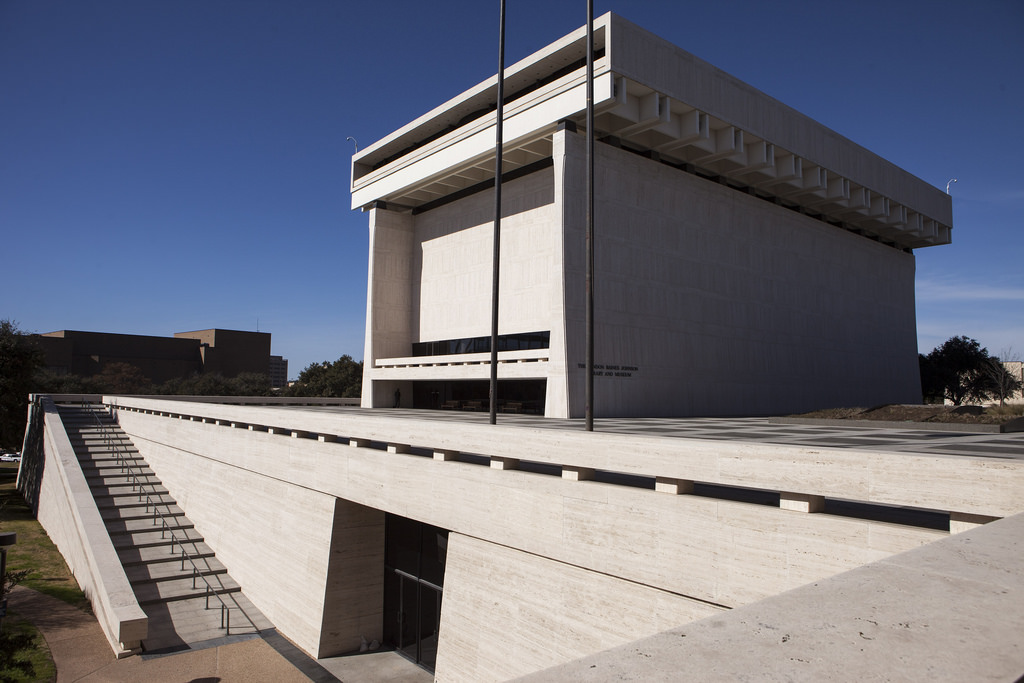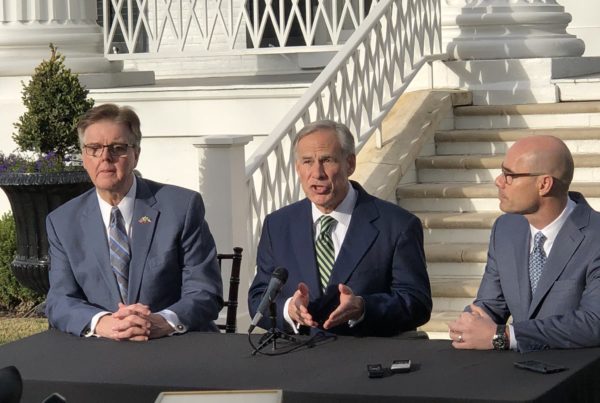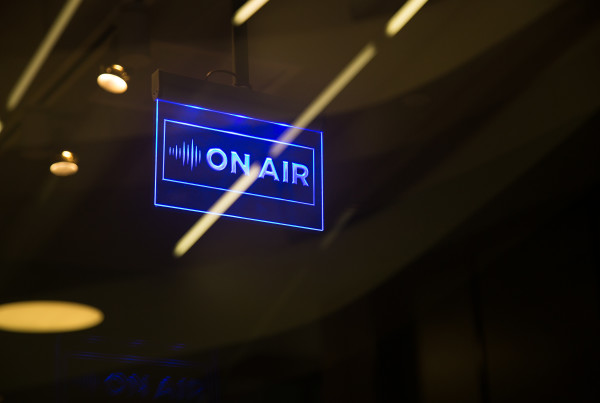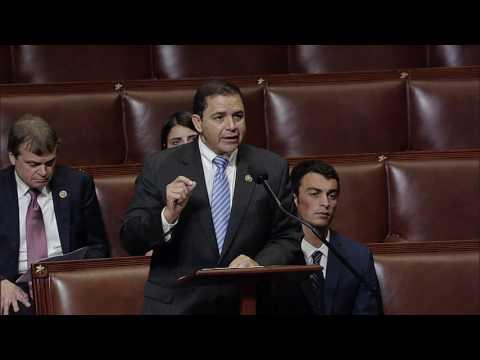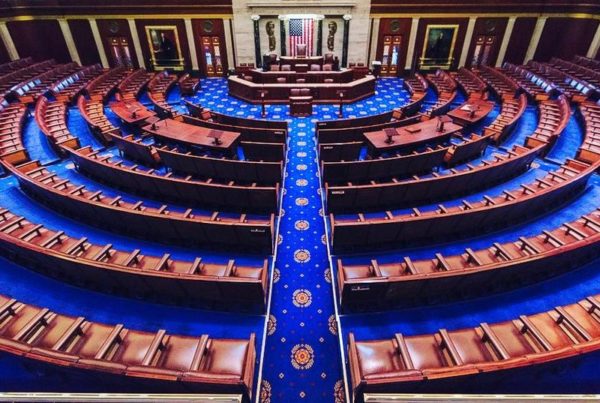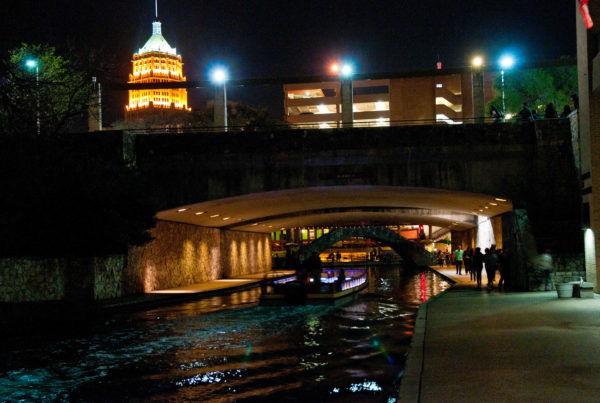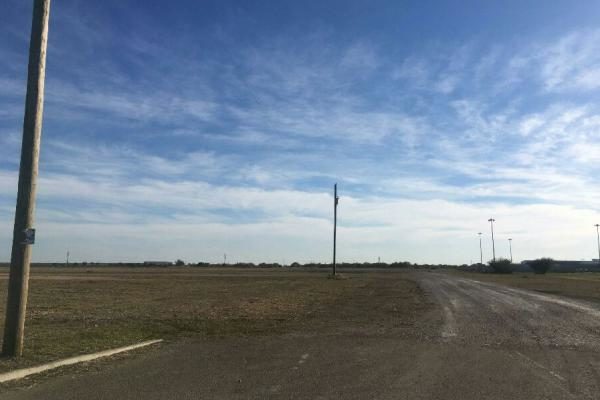The partial government shutdown is now in its 19th day. If it’s continues for a few more days, thousands of federal workers won’t get a paycheck on Friday.
The shutdown spanned the holidays so, to some, it doesn’t seem to have been going on as long as it actually has. But we’re quickly approaching the record for the longest government shutdown. That was in 1995 and lasted 21 days.
Here in Texas, the most direct effect is still on government workers, including IRS employees in Central Texas and NASA workers in Space City. Big Bend National Park is open but visitor services aren’t being provided. Chief Park Ranger Lisa Hendy says that means no camping permits, no trash collection, and most bathrooms have been closed.
“So a lot of people are having to pee in the desert — which is fine, but when they leave their toilet paper all over it becomes unsanitary. And that is another reason why we may have to close an area,” Hendy says.
The LBJ Presidential Library and Museum is closed. Callers are greeted by a recorded message that tells them the library is closed because of a “lack of appropriations.”
The George H.W. Bush Library and Museum is also closed, except for the Bush family gravesite, the entry space exhibit, and the gift shop. The George W. Bush Presidential Center at SMU remains open except for the research room. The differences have to do with the agreements the libraries have with the National Archives and private foundations.
The government shutdown is also affecting some Hurricane Harvey recovery and flood mitigation work. Harris County Judge Lina Hidalgo says she wants to make it easier for the public to get details about that. Houston Public Media’s Andrew Schneider reports:
Harris County Judge Lina Hidalgo wants to make it easier for the public to get details about Harvey recovery and flood mitigation, but the federal government shutdown is prompting the county to put some of that work on hold.
The county will push ahead with work it’s paying for on its own. But Russ Poppe, executive director of the Harris County Flood Control District, is recommending a freeze on some projects that depend on federal block grants.
“Some of these federal programs, unfortunately, don’t have pre-award authority, meaning that if we choose to go and advance these things locally, we’re certainly at risk without getting reimbursed on something that would otherwise be eligible for reimbursement,” Poppe says.
Harris County is currently moving forward on projects accounting for roughly $1.8 billion out of the $2.5 billion flood bond package voters approved last year.


